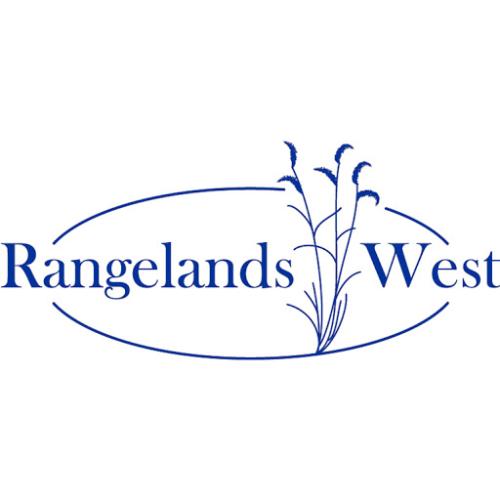For more than 70 years, National Wildlife Federation has worked to protect and restore wildlife and wildlife habitat across the nation and especially in key ecosystems such as the Everglades, Great Lakes, Red Desert, and Gulf Coast of Texas and Louisiana. It is part of our commitment to being responsible stewards of the world we will leave to our children. NWF has a special attachment to Alaska, one of the few places on earth where mankind still has the opportunity to show that economic prosperity and a healthy environment are complementary conditions. One of our priorities in the Great Land is the Chugach National Forest of southcentral Alaska. The Chugach is the second largest national forest and arguably its most beautiful and pristine. Located only 500 miles south of the Arctic Circle, the Chugach is a forest of thundering glaciers, towering mountains, primeval coastal rainforest, and fog-shrouded fjords. While best known as the site of ecological wonders such as the Copper River Delta and Prince William Sound, almost all of the 5.6 million acre forest is spectacular and unspoiled. Our efforts focus on helping decision-makers and concerned citizens find common ground and common sense approaches to safeguarding the natural resources essential to wildlife and healthy communities. This requires a foundation of sound science and a keen understanding of the resources involved. Special Ecological Sites in Alaska’s Eastern Prince William Sound and Copper River Delta was created to provide those concerned about the region with a common understanding of its ecology and the specific areas most critical to its astounding biological productivity and diversity. The report examines the coastal habitats of an area loosely defined as the eastern Chugach National Forest and supplements NWF's 2002 Prince William Sound Biological Hot Spots Workshop Report which looked at the marine and coastal areas of Prince William Sound. Special Ecological Sites in Alaska’s Eastern Prince William Sound and Copper River Delta is not intended to address conservation needs or strategies. Instead, it will serve as a policy-neutral resource in the ongoing public discussion about the region's future. NWF will continue to play an active role in this discussion, working to ensure that the end product reflects science, common sense, and community values—the hallmarks of lasting conservation solutions.Â

Articles, citations, reports, websites, and multimedia resources focused on rangeland ecology, management, restoration, and other issues on American rangelands.